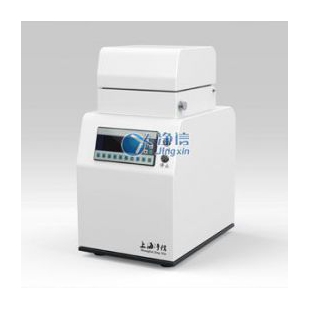拟南芥中维他命B1诱导的启动依赖于H2O2和NPR1基因
Thiamine confers systemic acquired resistance (SAR) on susceptible plants through priming, leading to rapid counterattack
against pathogen invasion and perturbation of disease progress. Priming reduces the metabolic cost required for constitutive
expression of acquired resistance. To investigate the effects of priming by thiamine on defense-related responses, Arabidopsis
(Arabidopsis thaliana) was treated with thiamine and effects of pathogen challenge on the production of active oxygen species,
callose deposition, hypersensitive cell death, and pathogenesis-related 1 (PR1)/Phe ammonia-lyase 1 (PAL1) gene expression
was analyzed. Thiamine did not induce cellular and molecular defense responses except for transient expression of PR1 per se;
however, subsequent Pseudomonas syringae pv tomato challenge triggered pronounced cellular defense responses and advanced
activation of PR1/PAL1 gene transcription. Thiamine treatment and subsequent pathogen invasion triggered hydrogen
peroxide accumulation, callose induction, and PR1/PAL1 transcription activation in Arabidopsis mutants insensitive to
jasmonic acid (jar1), ethylene (etr1), or abscisic acid (abi3-3), but not in plants expressing bacterial NahG and lacking regulation
of SAR (npr1 [nonexpressor of PR genes 1]). Moreover, removal of hydrogen peroxide by catalase almost completely nullified
cellular and molecular defense responses as well as SAR abolishing bacterial propagation within plants. Our results indicated
that priming is an important cellular mechanism in SAR by thiamine and requires hydrogen peroxide and inta SPEXGENO 2010 高通量组织研磨机








